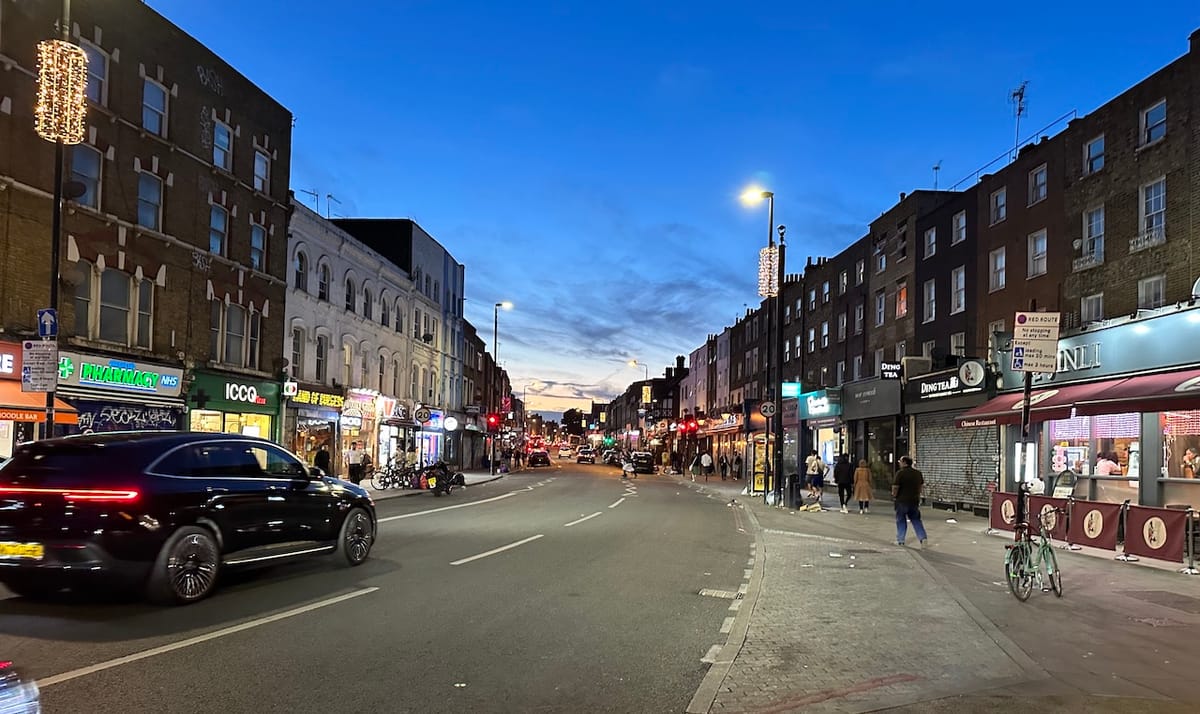letting go
when we can't keep a bad idea down

What is it about doing the same thing twice and expecting a different result? There's a whole saying about it. So many ideas that stay popular despite not solving the problem they're supposed to solve. One example of this is how Seattle tries to deal with homelessness.
Seattle has a housing problem. And a too-high rents problem. And an everything-is-getting-more-expensive problem. In 2024, Seattle's regional homelessness authority counted more than 16K people living homeless. This is a known undercount. Visitors and locals alike complain about how many people they see living on the streets. Neighbors rise up against tent city encampments. The Mayor sweeps people out of their temporary homes and towards other parts of town. These sweeps are heartless: they push people out of their makeshift homes. City workers may offer people referrals to a shelter bed but that's an overnight solution. Some shelters charge for a bed or require ID. Most don't allow people to store belongings or bring their pets.
There's no small amount of trauma that comes with a sweep. Guy Oron calls it, "a deeply traumatic experience in which someone is forced to pack up their things at a moment’s notice." In 2024 alone, Mayor Harrell's Unified Care Team (UCT) team "swept" more than 2,500 sites. But the sweeps aren't bringing the area's homelessness numbers down. In 2024, at least 16,000 people were homeless in the county. Sweeps don't work. The UCT is set to receive $66M for the next two years. For what? Why do we throw so much money at solutions most people know are not working?
why do bad ideas stick around?
Too much infrastructure. Ideas that don't work can still make a lot of people rich. The More We Love is a for-profit business founded to sweep people who are homeless. The city of Burien now gives them almost all their homeless services contracts. More than this, making change means updating any approach that touches that change. Every policy change uses up political capital that decision-makers hate to spend.
Change is hard. It's hard to convince most people that a change is worth it. For an issue like homelessness, they come in with their own theories about the cause. Rumors about drug addiction and lawless streets confirm some people's baked-in worldview. A rational argument won't be as successful as an emotional one.
People's values get in the way. This gets to the center of the emotional appeal I described above. More humane approaches to homelessness do exist. Some cities and countries have all but eradicated the concept of homelessness. These policies, like a housing-first model, do work. But do people with power want them to happen? Some people see a person with free housing and think, "if I don't get free housing, they shouldn't either." In the food banking world, I heard from lots of folks who believed using one builds dependency on it. The same is why legislators design welfare programs the way they do.
how we let go
I want people to let go of solutions that don't work. I want to make it easy and nonjudgmental. Here's what I'd do.
Ask questions. "How long have we been doing this? When will we see results? What will those results look like?" "How close is this solution to the root problem? Walk me through how this solution solves it." Dig into the pat explanations or hand-waving until they can show their work.
Give loud disapproval for solutions that don't work. Nobody becomes less homeless because of a sweep. In fact, sweeps destroy or throw away what homes people do have. The Governor of California wants to jail people whose major crime is not living in a house. Is that the crime? It’s not drug addiction. Plenty of housed people deal with addiction. Is it unemployment? No, lots of people are unemployed. The crime—the symptom—is that people are living where people in power think they shouldn't.
We have to stop holding so tight on ideas that aren't helping. It might have been a useful solution at one time. But it's not effective anymore. If we're living with the same old problems, at some point we must try something else.



